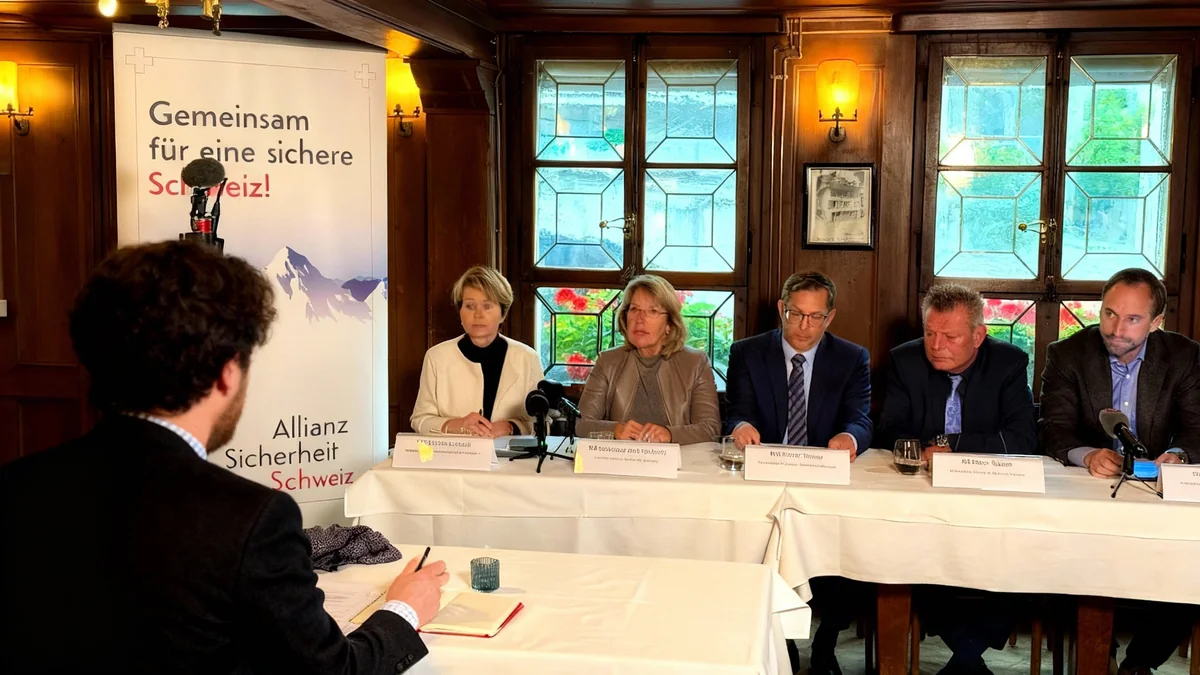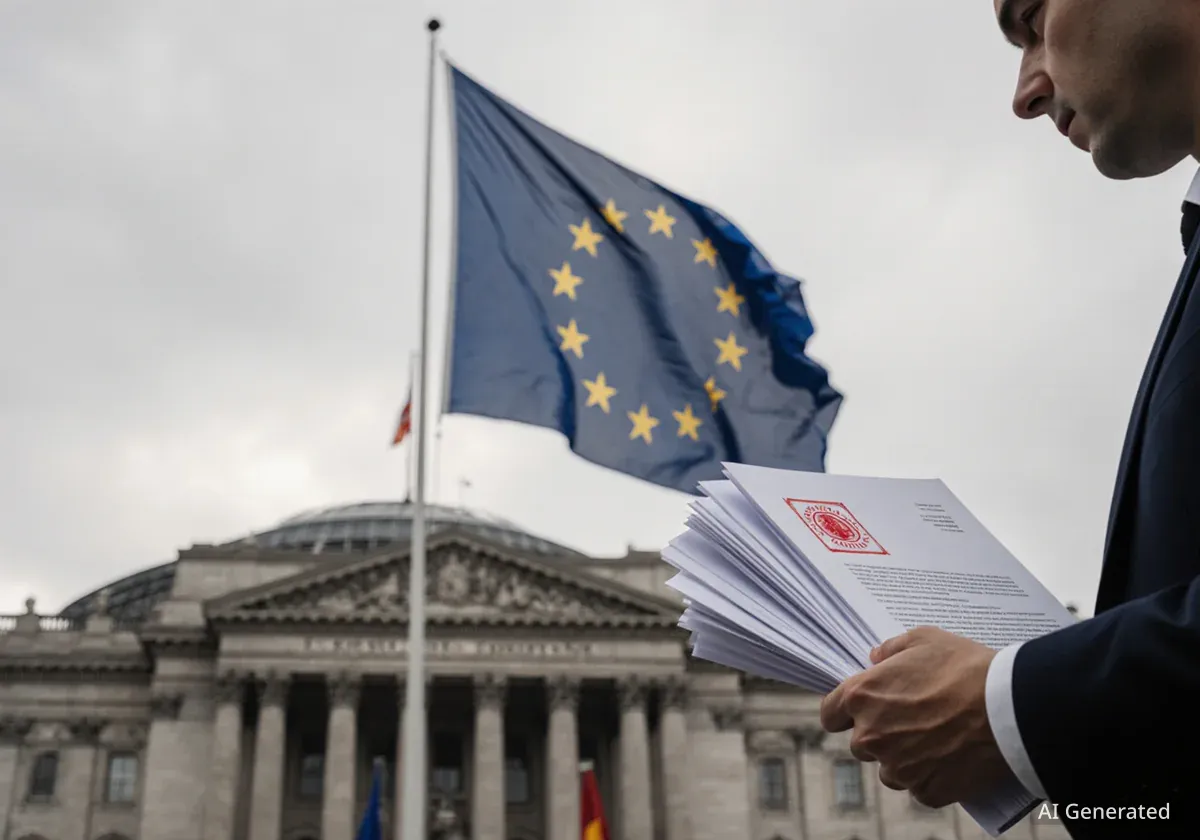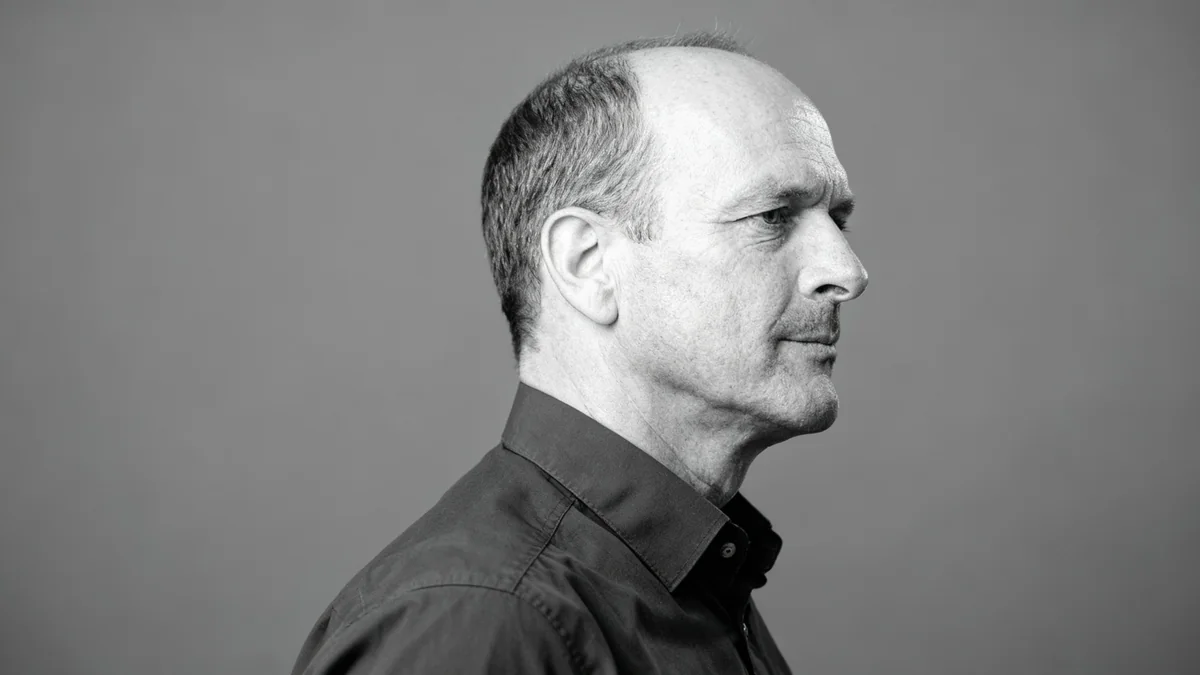A cross-party alliance of Swiss lawmakers has unveiled a comprehensive package of measures aimed at strengthening internal security and curbing violent extremism following recent protests in Bern. The proposals seek to close legal loopholes, expand the catalog of offenses, increase penalties, and enhance the capabilities of security authorities.
The initiative comes in response to a Pro-Palestine demonstration on October 11 in Bern, which escalated into significant unrest. During the event, windows were smashed, property was defaced, emergency services personnel sustained injuries, and the Restaurant Della Casa was nearly set ablaze. The lawmakers presented their proposals directly from the damaged restaurant, emphasizing the impact of such incidents on local businesses and public safety.
Key Takeaways
- New legal proposals target organized protest violence and damage.
- Measures include harsher penalties for using dangerous objects and disrupting public transport.
- Lawmakers seek to hold participants financially accountable for damages.
- Proposals aim to enhance police powers, including the use of AI for identifying perpetrators.
- The initiative is designed to be over-party, inviting broad parliamentary support.
Addressing Organized Violence and Property Damage
SVP National Councilor Michael Götte described the recent unrest as "organized violence." He highlighted the danger this poses to emergency services. Götte introduced two key proposals to address these concerns. First, he advocated for a qualified criminal offense for leading, coordinating, and organizing breaches of the peace. This aims to target those responsible for orchestrating violent demonstrations.
His second proposal focuses on increasing penalties for violence against authorities and emergency personnel, especially when incendiary devices are involved. Götte noted the serious risk posed by pyrotechnics, referencing the Della Casa incident where a fire could have spread throughout the neighborhood. He stressed that individuals using dangerous objects must face significantly higher sentences.
Fact: The Della Casa Incident
During the October 11 protest, a fire was reportedly started by demonstrators at the Restaurant Della Casa in Bern. This incident served as a stark reminder of the potential for property destruction and danger to public safety during violent demonstrations.
Holding Perpetrators Accountable: Financial and Legal Consequences
Many perpetrators arrested during such events are released within 24 hours due to difficulties in proving individual actions. FDP National Councilor Christian Wasserfallen criticized this, stating that the current 24-hour detention period is "simply too short." He emphasized the need for more detailed evidence, especially in the digital realm, to prosecute those involved.
"It cannot be that people 'let loose' here in Bern and then go back to work or attend lectures on Monday unmolested," Wasserfallen stated, calling for an end to the tolerance of such "orgies of violence."
Mitte State Councilor Brigitte Häberli-Koller highlighted the financial burden on businesses. She pointed out that businesses often bear the costs of damage after riots, with perpetrators contributing nothing to repairs. Her proposal seeks to ensure that individuals participating in violent demonstrations are held financially accountable. This would involve the seizure of assets from those involved in unauthorized and violent demonstrations.
Background on the Alliance
The "Allianz Sicherheit Schweiz" (Alliance Security Switzerland) initiated this package of measures. It is primarily a bourgeois alliance, but FDP National Councilor Christian Wasserfallen explicitly invited left-green parliament members to join the initiative. The goal is to achieve cross-party consensus for these demands within the security policy commissions and the parliament.
Targeting Disruptions and Enhancing Police Tools
FDP National Councilor Hein Theiler focused on disruptions to public transport. He demanded that anyone who obstructs public transport during a public demonstration should be held criminally liable. This aims to deter actions that significantly impact daily life and public services.
Mitte National Councilor Reto Nause addressed the use of advanced technology. He mentioned a pilot project in St. Gallen where police officers are trained to recognize body language and facial expressions. Nause proposed that the use of Artificial Intelligence (AI) for such purposes, currently not approved, should be allowed. He plans to submit a motion to change this, enabling security forces to leverage modern tools for identification and prevention.
- Traffic Disruptions: New rules would criminalize interference with public transport during protests.
- AI Integration: Proposals include allowing AI to assist in identifying individuals through body language and facial recognition.
- Dangerous Objects: Carrying items like helmets, goggles, batons, firecrackers, and pyrotechnics would become explicitly regulated and subject to legal consequences.
Regulating Dangerous Objects and Future Outlook
SVP State Councilor Werner Salzmann observed a recurring pattern in recent riots: demonstrators often carry objects intended for violence. These include helmets, diving goggles, batons, firecrackers, and pyrotechnics. He noted that the carrying of such items is not currently regulated. Salzmann proposed a legal amendment to address this, aiming to restrict the possession of these objects during demonstrations.
The lawmakers involved, all security politicians, expressed their desire for "quick adjustments." Reto Nause stated that the exact method to achieve these goals, whether through motions or parliamentary initiatives, is yet to be determined. The presentation concluded with the hope that these proposals will gain over-party support, leading to stronger legal frameworks and enhanced safety for Swiss communities.




